EU's top diplomat Borrell to visit Tehran Friday amid stalled Vienna talks
Iran says the European Union’s top diplomat will arrive in Tehran later on Friday to hold deliberations with Iranian officials on resuming the stalled talks in Vienna and lifting anti-Iran sanctions.
Iran’s Foreign Ministry spokesman Saeed Khatibzadeh in a statement on Friday said Josep Borrell, the EU high representative for foreign affairs, will meet his Iranian counterpart Hossein Amir-Abdollahian and other high-ranking officials during the whirlwind trip.
Khatibzadeh said the visit, which is part of ongoing consultations between Iran and the EU, will focus on bilateral relations, regional and international issues as well as the current stage of negotiations on reviving the 2015 nuclear accord.
It will mark Borrell’s first visit to Tehran in the government of Iranian President Ebrahim Raeisi.
His last visit came in February 2020, weeks after the assassination of Iran’s top anti-terror commander Lieutenant General Qassem Soleimani in a US airstrike.
On Thursday, Borrell and his deputy Enrique Mora met with US special envoy for Iran Robert Malley in Brussels.
Mora shared a photo of the meeting on Twitter, saying they held “in depth conversation about JCPOA and regional perspectives in the wider Middle East”, adding that Malley “reiterated firm US commitment to come back to the deal.”
Dinner in Brussels with EU High Representative @JosepBorrellF and US Special Envoy for Iran @Rob_Malley . In depth conversation about #JCPOA and regional perspectives in the wider Middle East. Malley reiterated firm US commitment to come back to the deal. pic.twitter.com/vsdezTRQjM
— Enrique Mora (@enriquemora_) June 23, 2022
Amir-abdollahian on Thursday said Iran was serious about reaching a final and lasting agreement in Vienna talks, provided the US acts “realistically.”
“If the Americans act in a realistic manner, we are hopeful to reach a final agreement in the near future,” he said in a joint presser with Russian counterpart Sergei Lavrov in Tehran.
Negotiations between Iran and the world powers have been underway in the Austrian capital since April last year to restore the 2015 Iran deal, officially known as the Joint Comprehensive Plan of Action (JCPOA), which the former US President Donald Trump unilaterally abandoned in May 2018.
After quitting the landmark deal, Trump reinstated crippling sanctions on Iran as part of the so-called “maximum pressure” campaign, a policy that backfired on the US.
Trump’s successor, Joe Biden, initially pledged to reverse the hard-nosed measures of his megalomaniac predecessor but he has failed to take tangible steps to deliver on the promise.
Iran has cited Washington’s indecisiveness as the reason behind the lengthening of talks, as number of key issues remain unresolved, ranging from the removal of all post-JCPOA sanctions to the provision of guarantees by the American side that it will not leave the deal again.
The efforts have been further complicated by the UN nuclear agency’s politically-motivated decisions, under the pressure of the West and Israel.
The International Atomic Energy Agency (IAEA)'s board of governors earlier this month passed a resolution, proposed by the US and the three European parties to the JCPOA – Britain, France, and Germany, which accused Tehran of failing to fully cooperate with the UN nuclear agency.
In reaction, Iran switched off a number of IAEA’s surveillance cameras at its nuclear facilities, which it had voluntarily allowed in a "goodwill gesture."
Reacting to the resolution, Iran’s nuclear chief slammed the IAEA for politicizing the country’s peaceful nuclear program under the Israeli regime’s pressure regardless of Tehran's extensive cooperation with the UN nuclear watchdog.
Iran’s shortest rail route between China and Europe
'Shameful': Hamas decries Western systemic campaign against UN expert Albanese
Ethics in suspension: Epsteinization of power in today’s post-shame politics
Trump knows he cannot use military force to press Iran into accepting Israeli demands: Mearsheimer
Iran president vows to fast-track corridor projects to ensure regional security
VIDEO | Press TV's news headlines
Exposed: Leaked docs show monarchists rallying Iranian diaspora to back attack on Iran
Iran main obstacle to realization of ‘Greater Israel’ scheme: Hezbollah


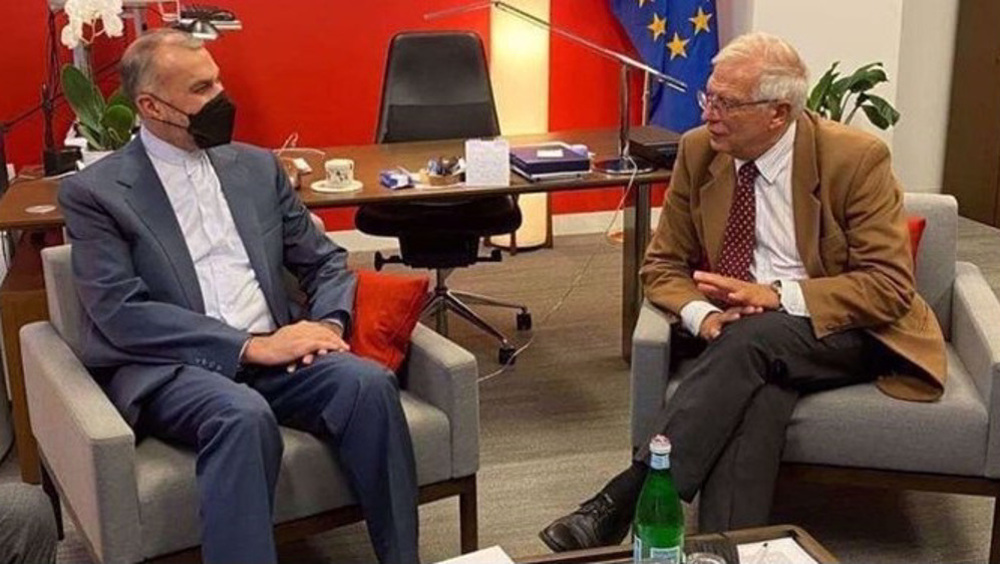
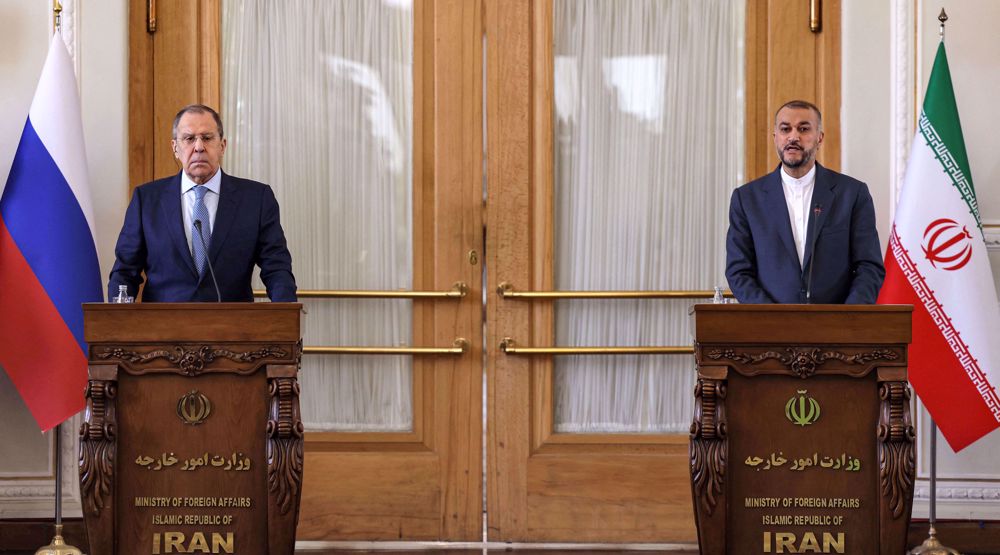
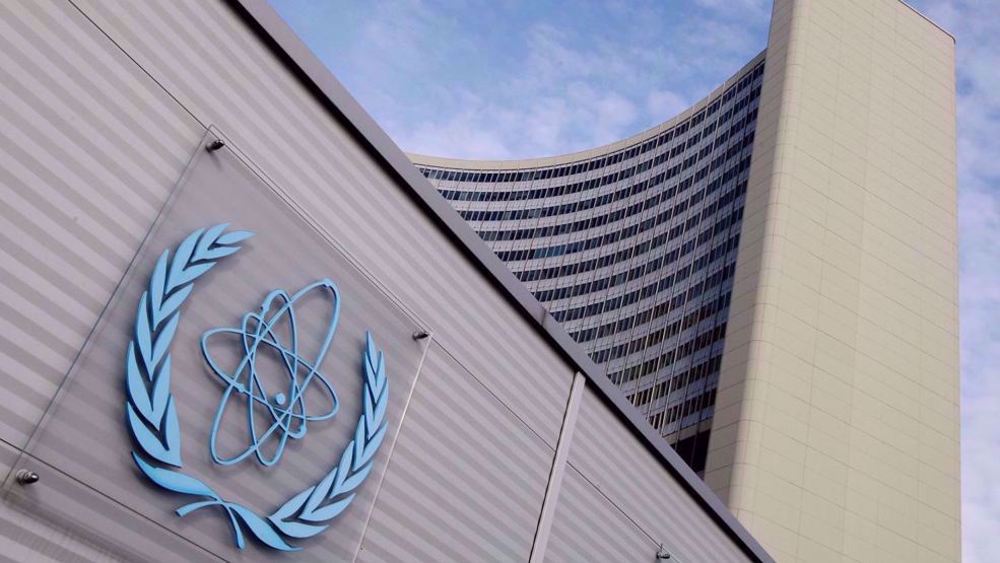
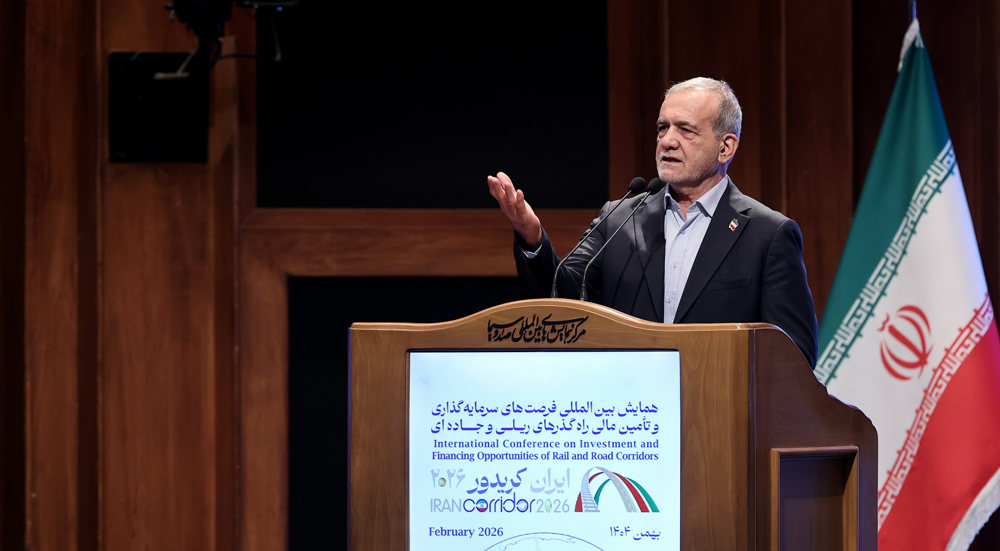
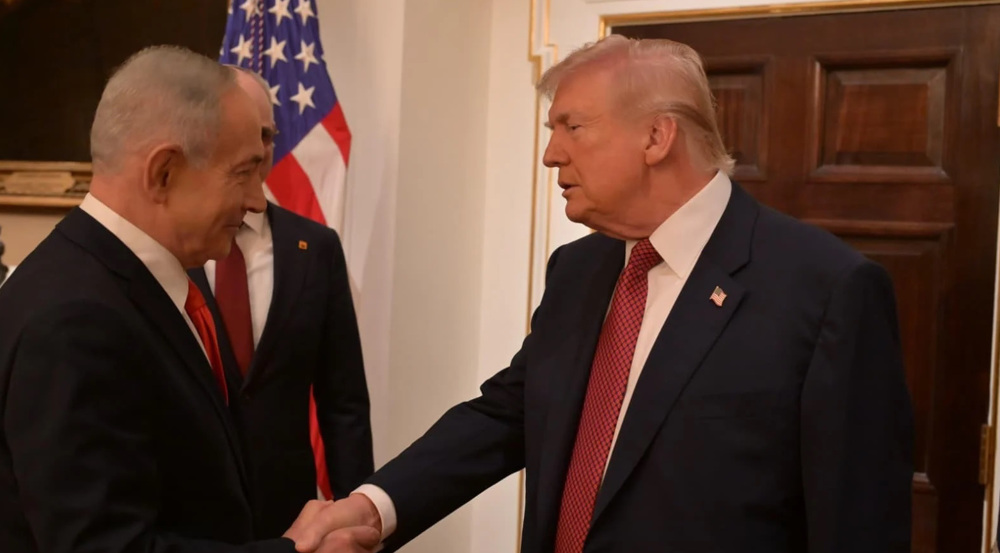
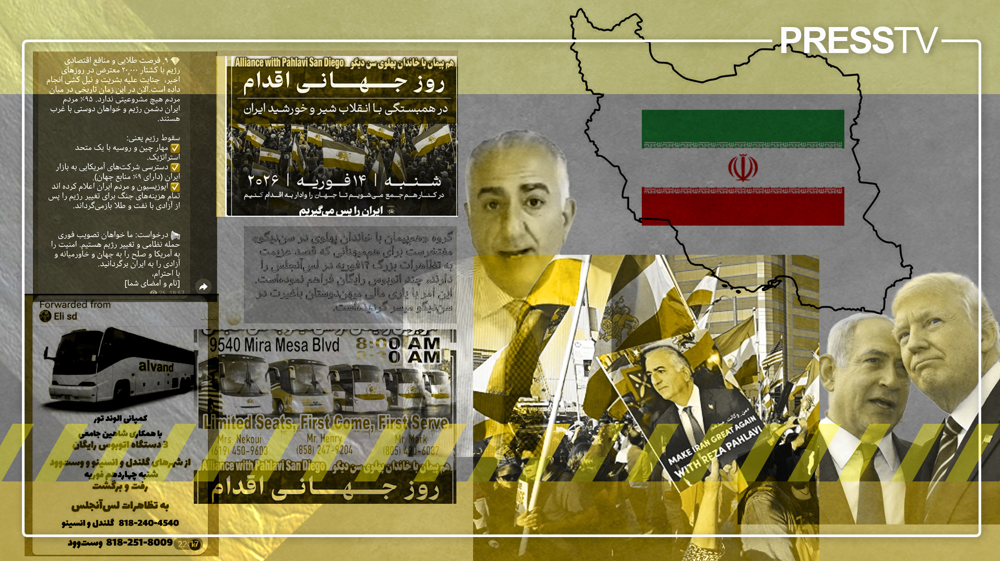



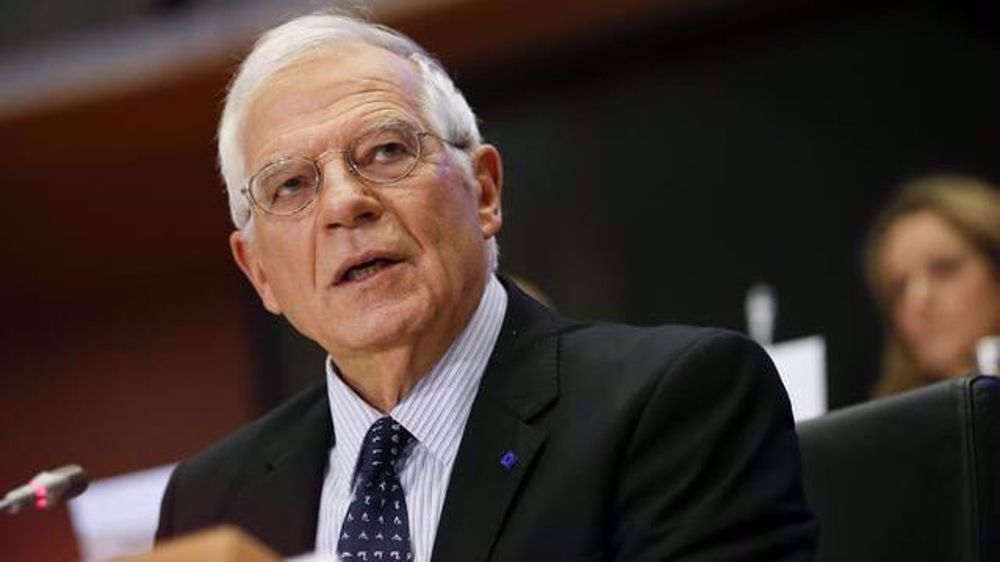
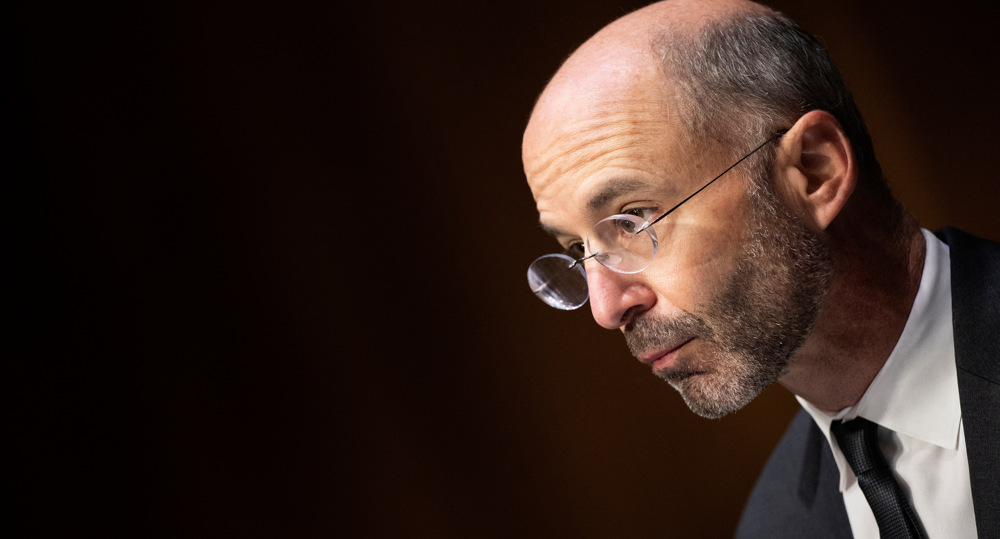
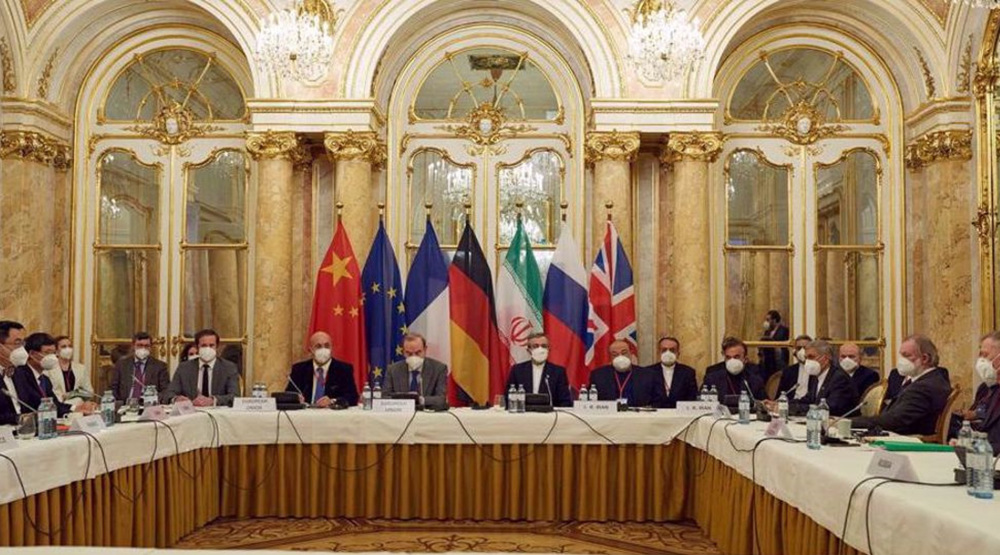
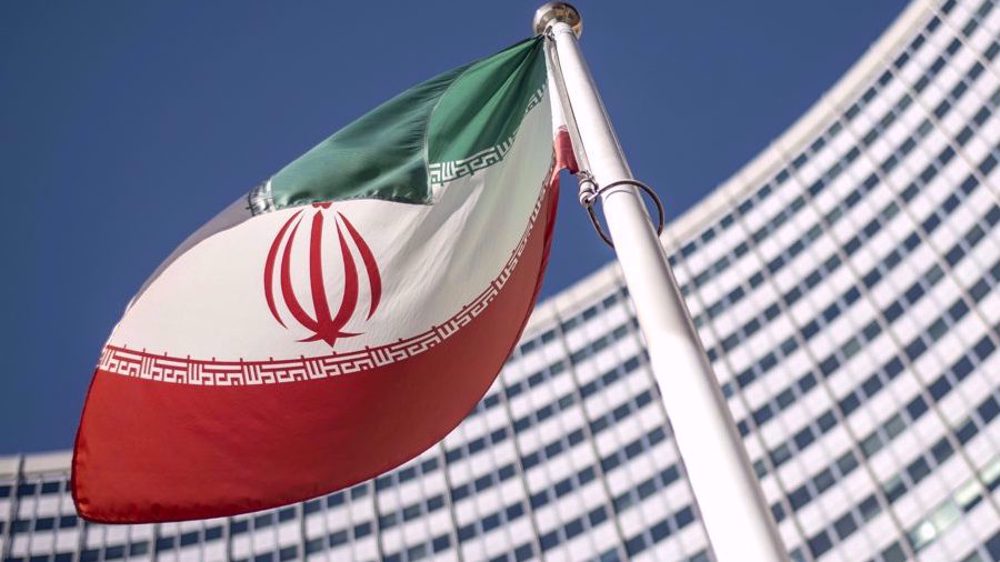
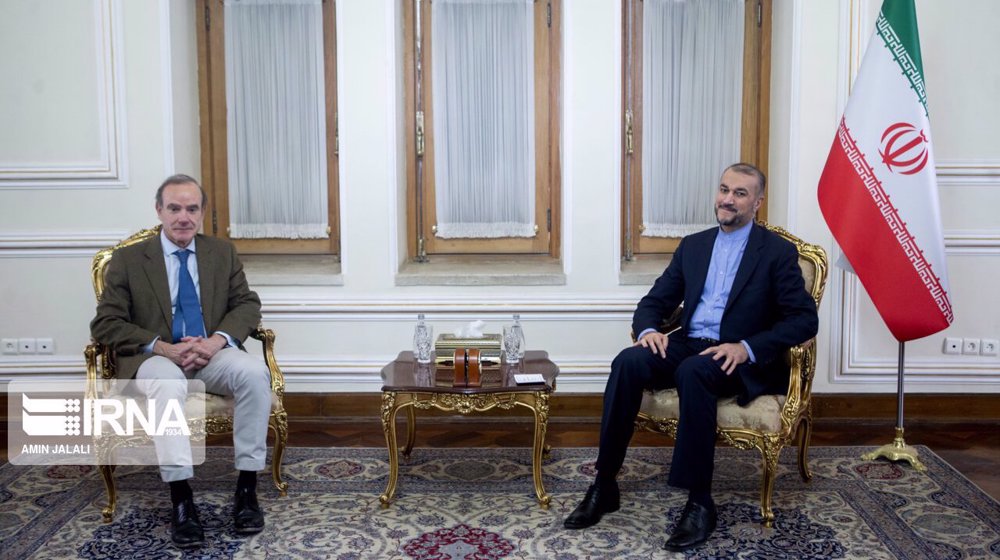

 This makes it easy to access the Press TV website
This makes it easy to access the Press TV website